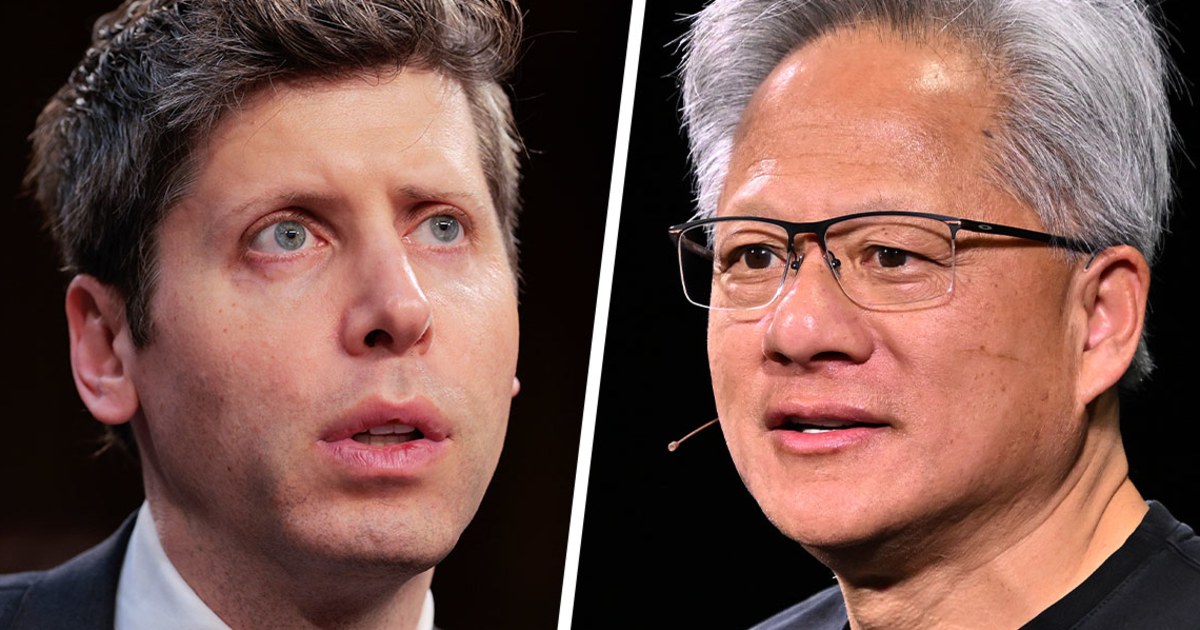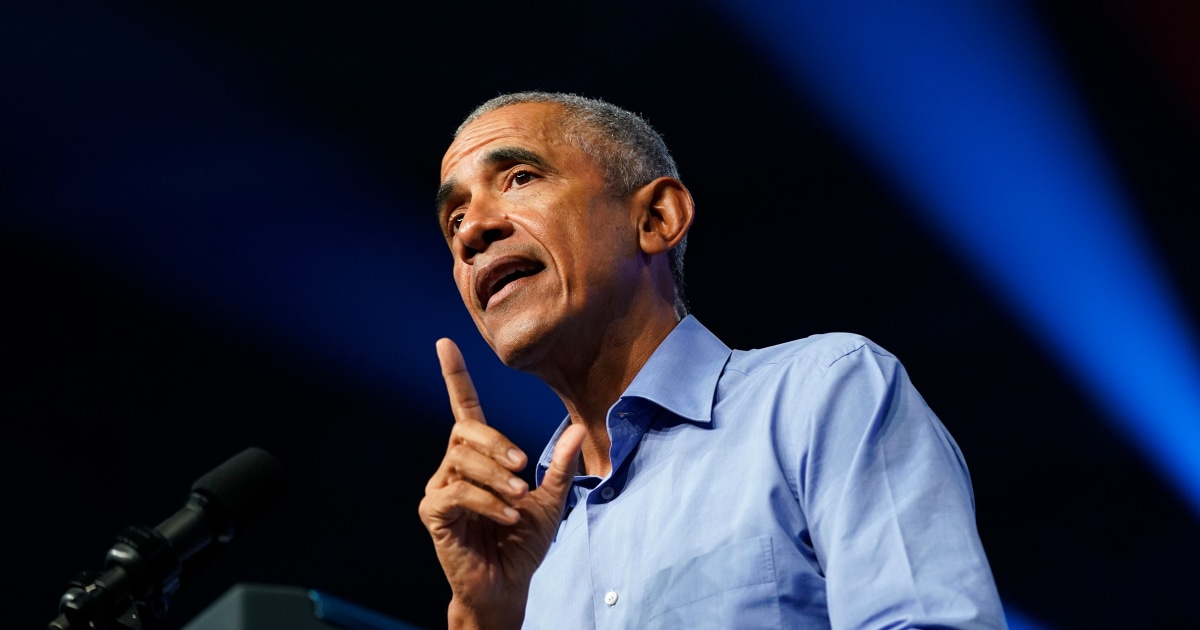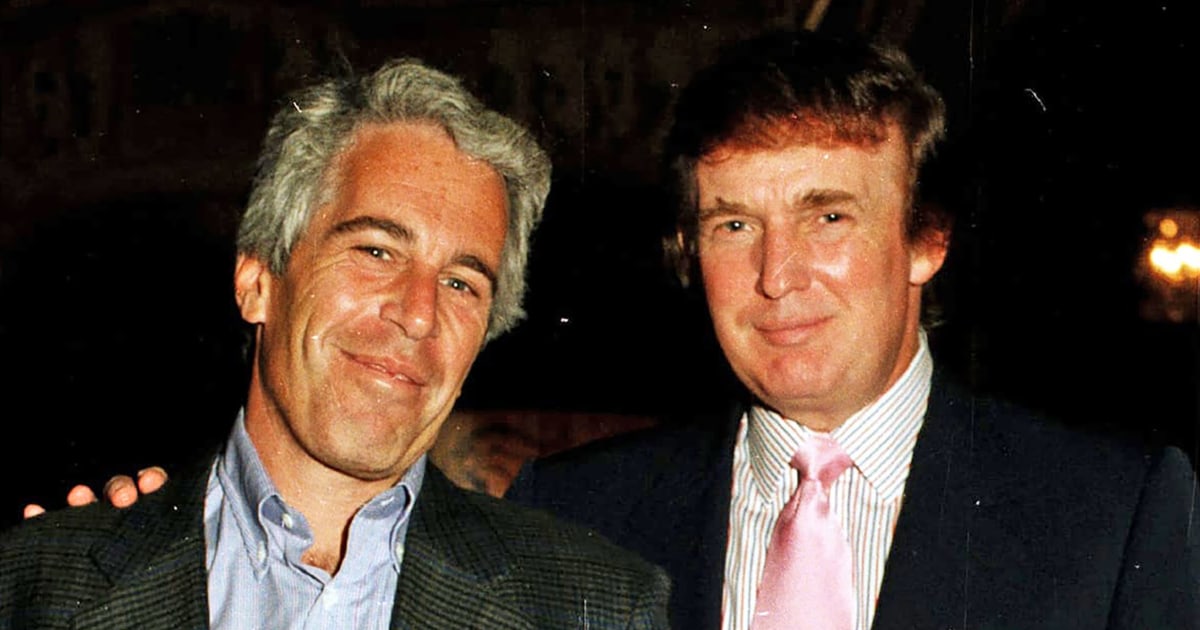ChapGPT parent OpenAI is set to receive a $100 billion investment from chip giant Nvidia, helping cement the two firms as leaders in the race to build artificial intelligence systems that could transform the economy and society.
Source link
Chipmaker Nvidia to invest $100 billion in OpenAI




